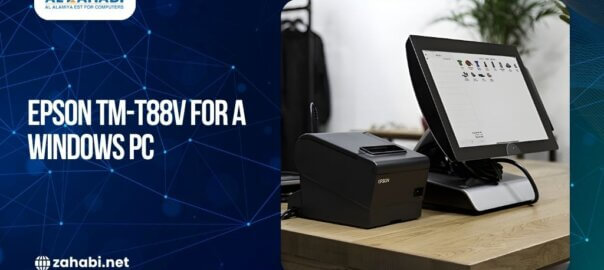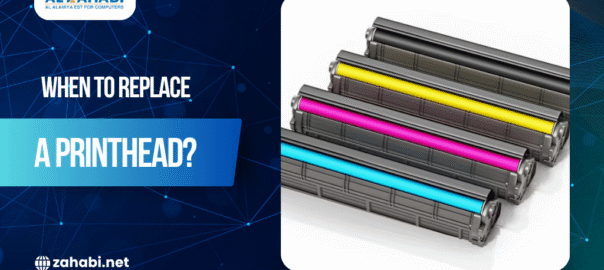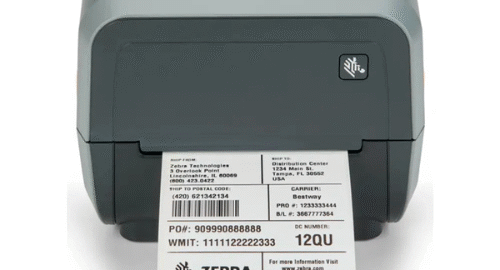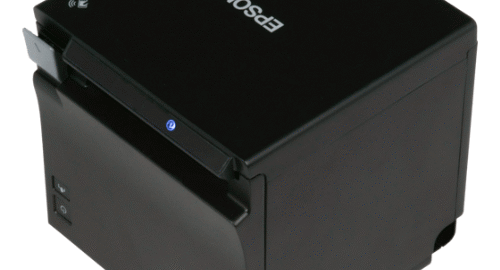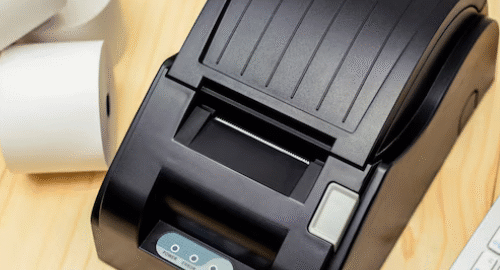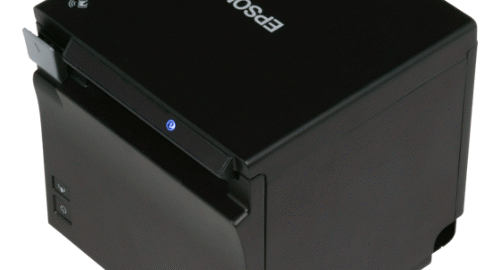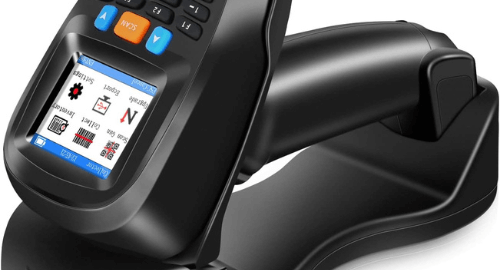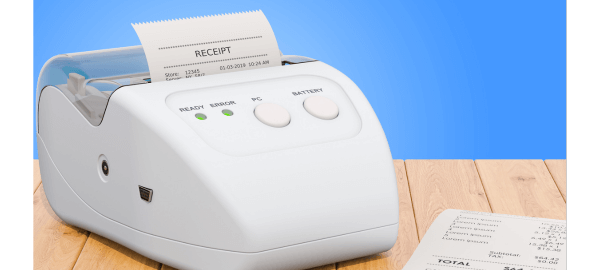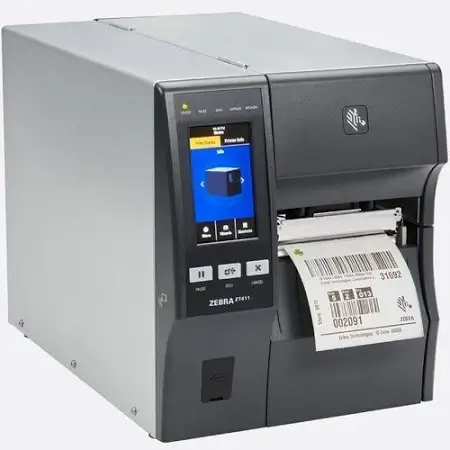
The industrial label printers have a very crucial role in the supply chain management.
In the world of supply chain management, speed dictates the development of efficiency and accuracy. In all phases-from manufacturing to warehousing, transportation, and retail-there is a need for clarity in communication and transparency in tracking goods. One of the key tools supporting this process is an industrial printer. These are highly robust and performing machines that are crucial to printing labels, barcodes, and identification markers of each phase in the supply chain.
What everything – starting from inventory control to product traceability, compliance with various regulations and customer satisfaction – strictly depends on industrial label printers. The ripple effect of this runs across huge businesses such as manufacturing and logistics as well as healthcare and retail industries; hence, the great significance of the tool in the current times of globalization.
Significance of Industrial Label Printers in Supply Chain Management
Efficient supply chain management relies heavily on the capacity to trace individual products at every point of the manufacturing process, from when a product is made all the way to its delivery to an end user.
Labeling then becomes the foundation for such tracking. Industrial Printers are designed to take care and cater for high volume and high quantity printing needs, and they ensure labels are printed rapidly, of high clarity, and uniform.
- Enhanced Product Recognition and Traceability
The primary responsibility of an industrial printer in managing a supply chain is to ensure proper identification and traceability of the products. Every product or batch has a unique label or barcode assigned so that businesses can track its movement in the supply chain. This level of traceability serves multiple purposes:
Barcodes and labels increase the management of inventory because with them, warehouses and distribution centers are aware in real-time of what is currently in existence; thus, incoming goods entry and the issuance of the outgoing goods will be processed with maximum efficiency and fewer human errors to increase efficiency.
Product Recalls: Some industries have product recalls, for example food, pharma, or electronics. A good labeling system will track these products and, in source tracing, it becomes easier to quickly address the situation and avoid harming the reputation of a company.
Compliance: Each industry has its defined regulations regarding labeling. For example, pharmaceuticals expect the labels to detail information regarding the product and its manufacturer. Industrial label printers meet these demands with quality legible labels.
- Durability for Harsh Environments
Industrial label printers are built to be rugged, just for handling the toughest environments in the supply chain. They endure dust, moisture, extreme temperatures and handling. Consequently, labels will not wear off or lose readability. This device is mostly used in sectors which are usually related to logistics and manufacturing because products move through phases of production, storage, and transportation.
- Speed and Efficiency
Speed is an indispensable element of an operation of this magnitude. Thousands of labels can be produced with the absence of any compromise on the quality. Many supply chain processes are automated, and industrial printers have been configured to integrate well within those supply chains. This way, it ensures that the labels are printed in real time, during the production or packaging, for real-time bottling identification, and thus ensures that the process keeps running uninterruptedly.
For example, in an electronic warehouse, orders are dispatched at a very high rate of speed. Label printers in industry hence ensure that shipping labels are printed at an extremely high speed, thus preventing delays and retaining customer satisfaction.
- Customization and Flexibility
An industrial printer under supply chain management is very useful in its ability to print personalized labels. Various products or shipments may need different kinds of labels such as the following:
- Barcodes in scanning and tracking
- RFID tags in wireless data transmission
- Shipping labels with destination details
- Product labels with brand, price, or safety information
Since these demands may be in constant change, industrial printers can always keep pace with such demands to be used by companies that need to adjust different markets or even conformance standards in areas. From food and beverages to auto and electronics, certain labeling requirements must be met to ensure smooth supply chain operations.
- Cost-Effectiveness
While the cost of investment is seeming high for an industrial printer, it often pays off in the long term. In-house label manufacturing minimizes a dependency on external printing services, risk errors, and time losses due to labeling shortages. Furthermore, since they are industrial devices, they do offer an upbeat solution that could meet supply chain requirements should the demand be higher.
Also, industrial printers are usually ready to be used with different kinds of label materials that may include those which are waterproof or fire-resistant so that businesses may find what is best suited for the purpose that they need to be accomplished at the most efficient cost possible.
Conclusion
Precision in modern supply chain management is right to speed and efficiency. The industrial printer fully captures such demands in getting products labeled as efficient to track from manufacturer to customer. Moreover, industrial label printers greatly impact every aspect of the smoothly running supply chain, mainly in industries, through improving traceability and enhancing the product identification that promotes compliance with regulatory requirements.
Be it warehouse-based, factory-based, or running a massive logistics operation, investment in top-of-the-line industrial printers will help streamline the process, minimize errors, and ensure maximum customer experience. More than this, however, supply chains continue to grow more complex with time, and the reliance of businesses on reliable labeling solutions, like industrial printers, will increase with time only.

